Someone said to me recently: there’s always a love story in your novels. They said it as if that was a surprise.
Is it because I’m a guy?
It’s true that in many commercial novels and Hollywood films written by guys, love is just the maguffin. The main character often has a ‘love interest’, their reward at the end for finding the treasure or saving the world.
But there’s some best-selling fiction where love is much more than that - as it is in life.
You may have noticed this: for some, love seems easy. They marry childhood sweethearts. They stay married. There are only a few bumps along the way.
But some of us get wounded, or are already wounded to start with. Love is not the reward at the end; it’s a challenge of itself.
And some guys do write about it very well.
Hemingway’s Farewell to Arms was a war story that was actually a meditation on the nature of love.
Catherine falls in love with Henry to distance herself from grief; Henry falls in love with her to forget about the war. Hemingway knew what he was about here; he had seen war up close and personal.
But this is a war story that isn’t. In the novel, love changes from a diversion to the fire that sustains them both. Loyalty to a lover becomes more important than loyalty to a cause and what starts out as a game of seduction becomes real earnest.
Hemingway is saying we don’t really understand the stakes of love before we begin, and we don’t know what we have after until it is gone.
We would perhaps not think of Victor Hugo as a romantic novelist either, and yet his best known novel, Les Miserables, also has, at its heart, a love story.
Marius Pontemercy wins Cosett’e affections with a love letter; but it’s not a letter you could set to music.
In revealing his affections to her, he bares his soul to the reader and also to himself.
In the process Hugo also bares a part of his own soul.
He once said: "Every man who writes, writes a book; this book is himself. Whether he knows it or not, whether he wishes it or not, it is true. From every body of work, whatever it may be, wretched or illustrious, there emerges a persona, that of the writer. It is his punishment, if he is petty; it is his reward, if he is great".
And then there’s Tolstoy.
Anna Karenina is regarded as one of literature’s great love stories, yet it is not at all romantic in the Hallmark sense. He did not presuppose that you become happy by finding love. For him love was an elemental force that could be blessing - or a curse.
Love can ask us to change in elemental ways; to reject our own sacred beliefs, to turn our back on our own kind, to do the unthinkable.
Facing down the villain at high noon may seem chickenshit in comparison.
So why is there always a love story in my fiction?
Because love is dangerous. It can ask more of us than we might ever think to give; it can also heal us more than we ever imagined. And you never quite know which it will be until it is too late to turn back.
And isn’t that the heart of drama?
Isn’t that what happens in life?
I’D LOVE YOU TO SUBSCRIBE TO MY EMAIL LIST - IT’S DIFFERENT TO SUBSCRIBING TO THE BLOG, YOU’LL GET THE CHANCE TO GET FREE BOOKS AND OFFERS.
YOU WILL NOT GET SPAMMED - JUST NEWS ABOUT MY BOOKS EVERY 3-4 WEEKS THAT I AM NOT PUTTING HERE ON MY BLOG.


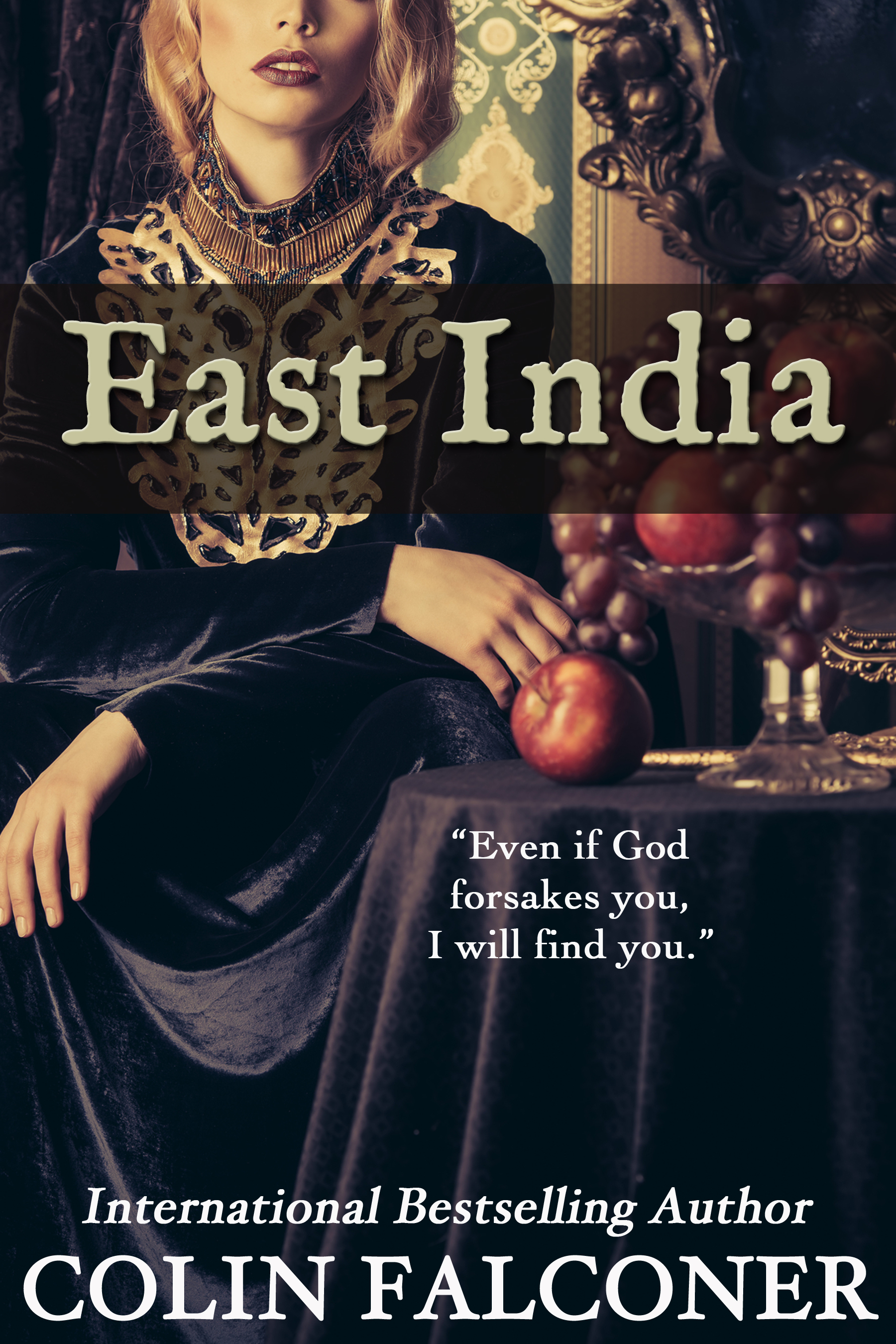
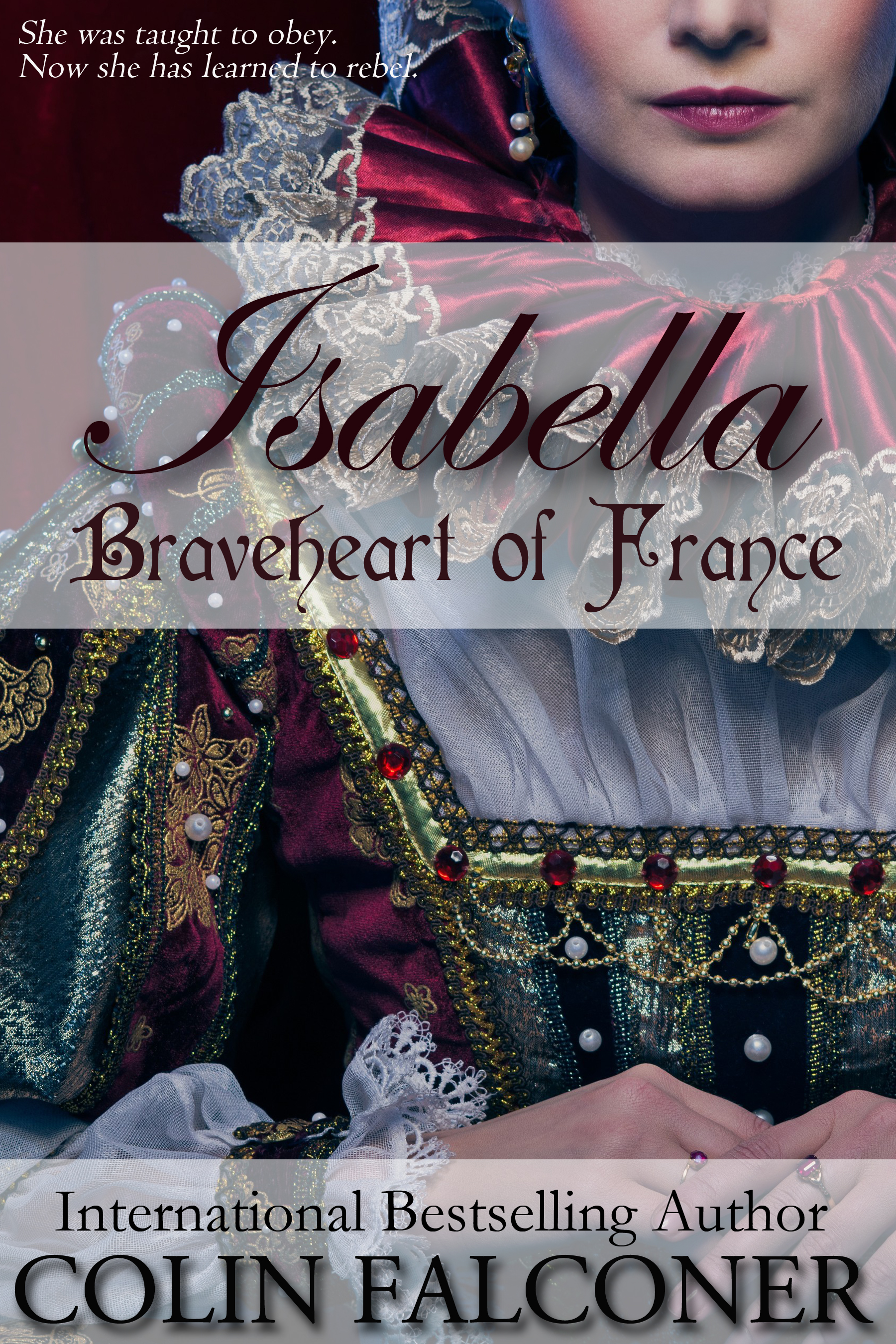
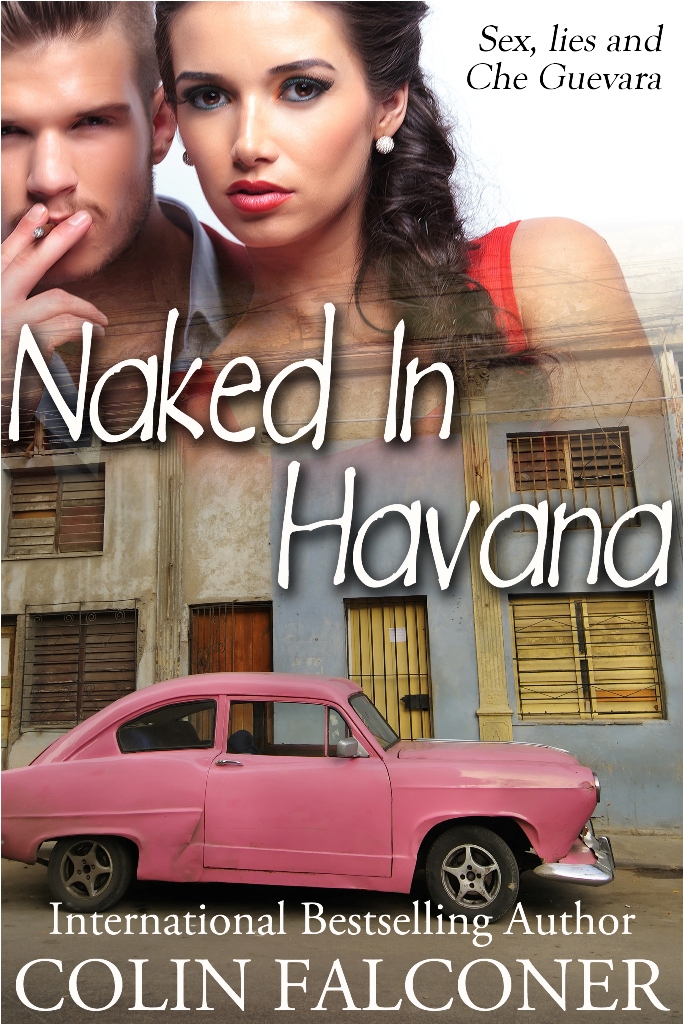
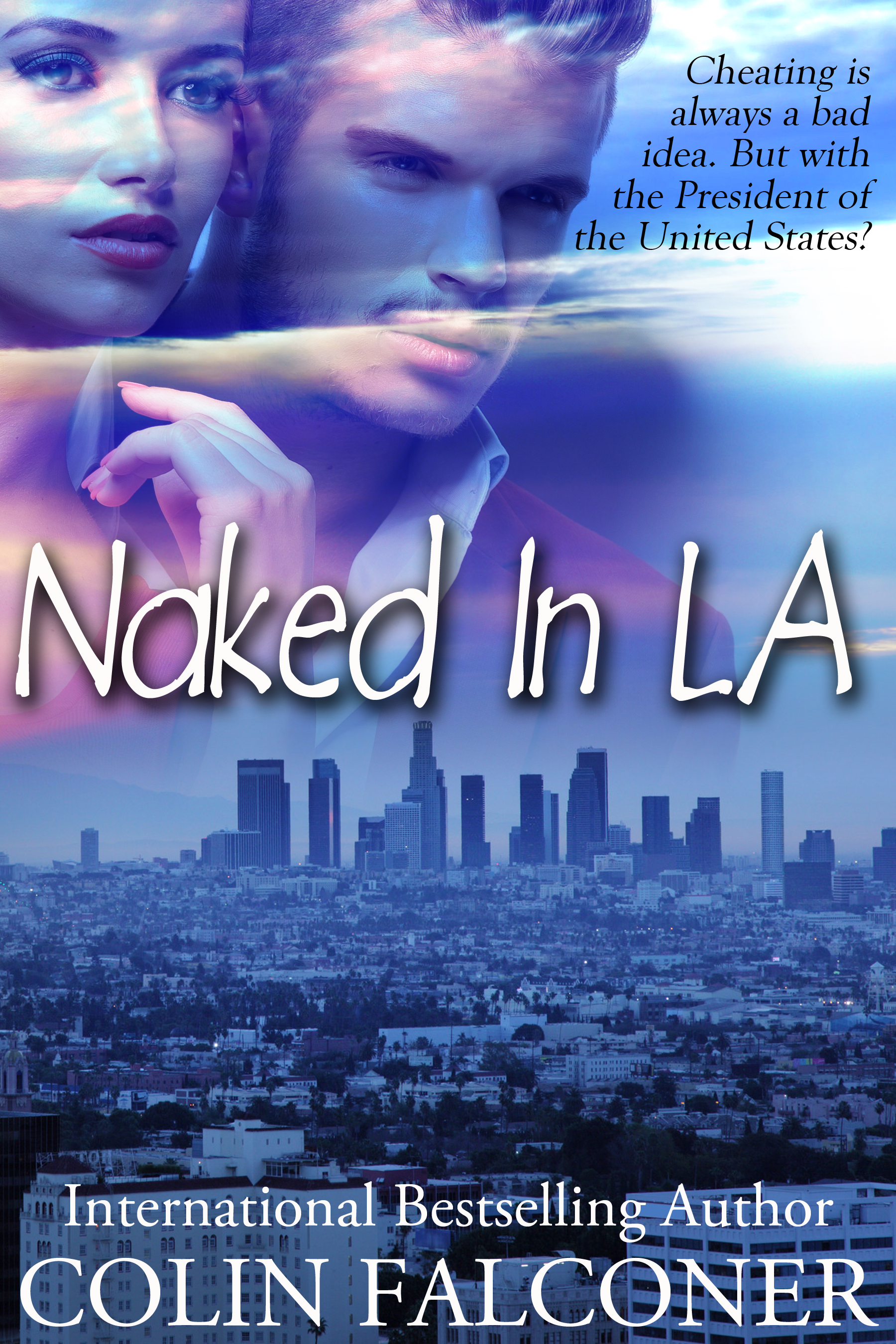
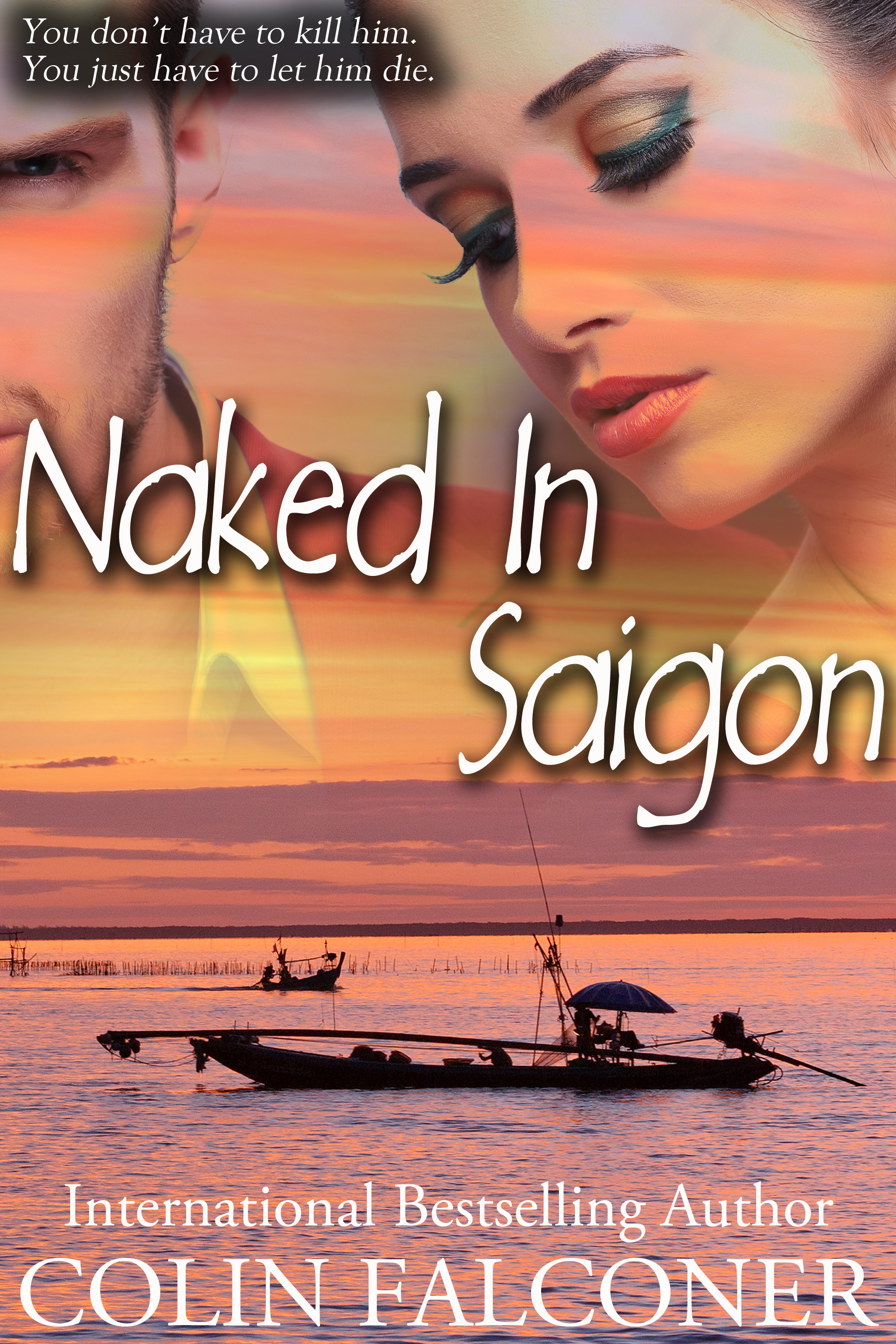
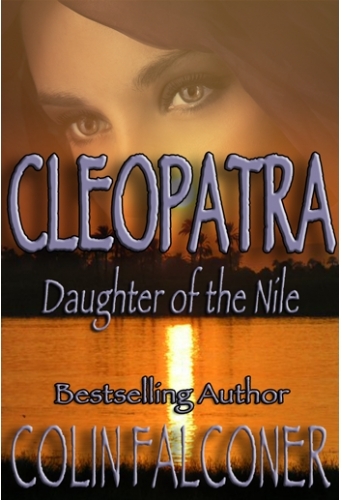
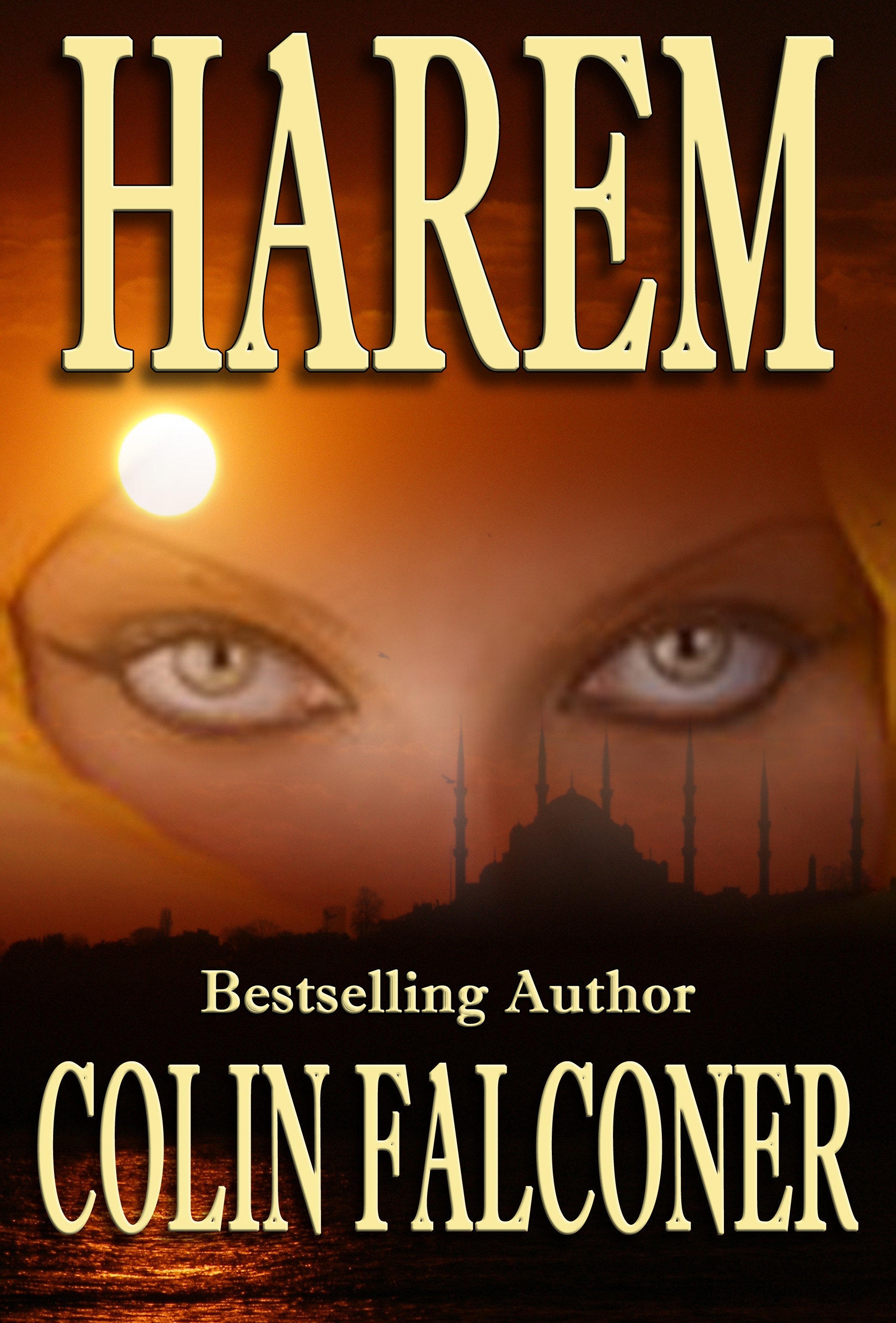
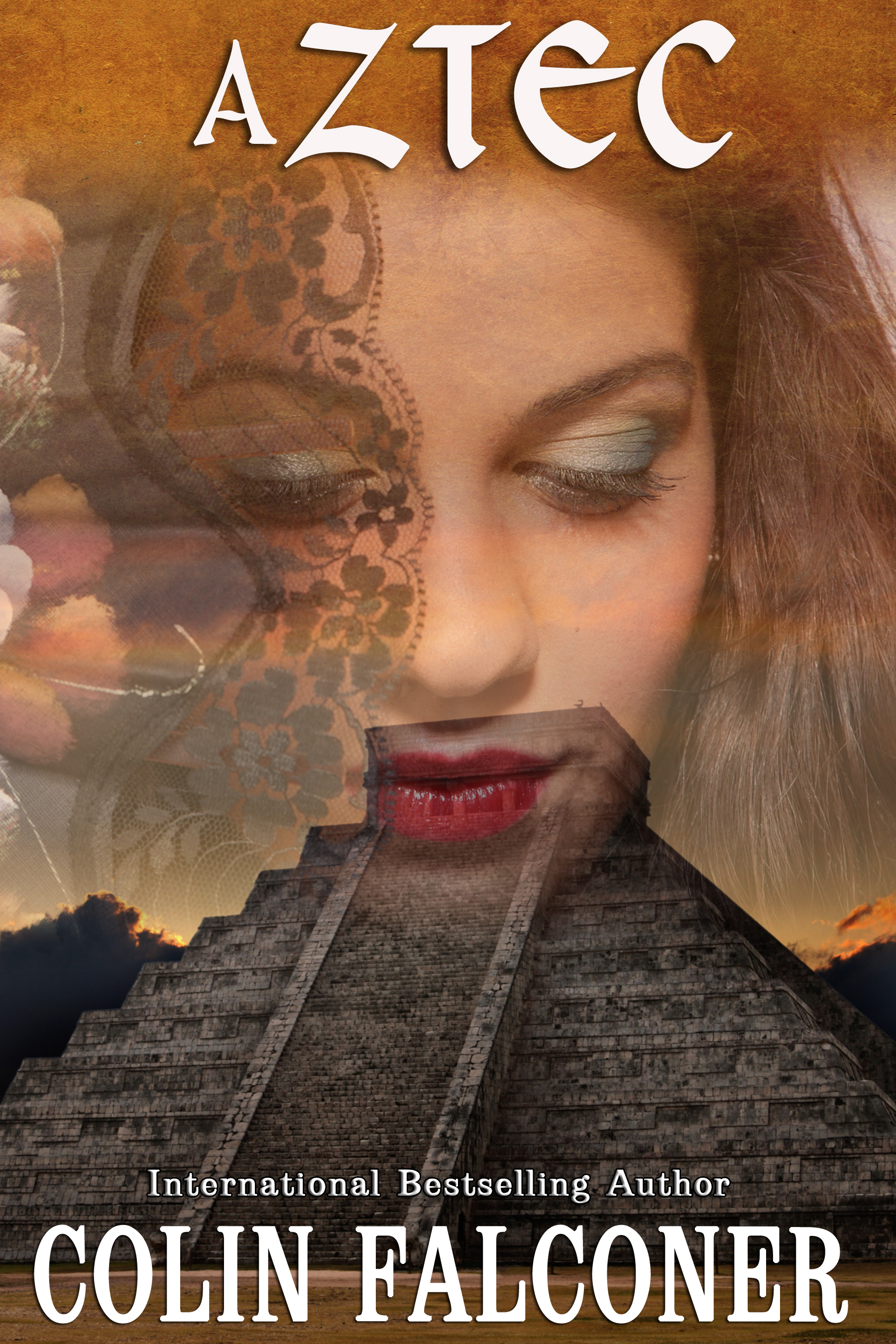
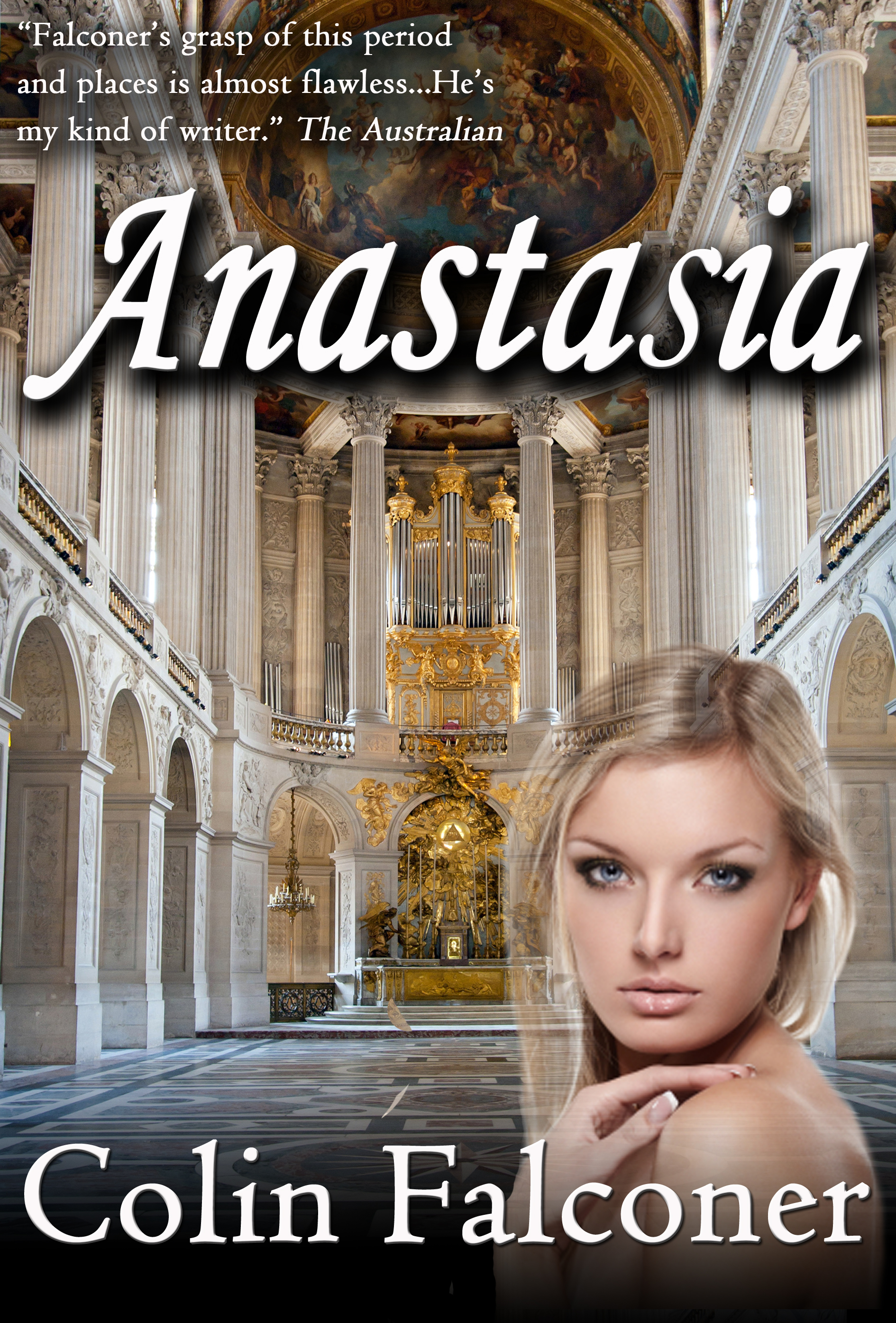
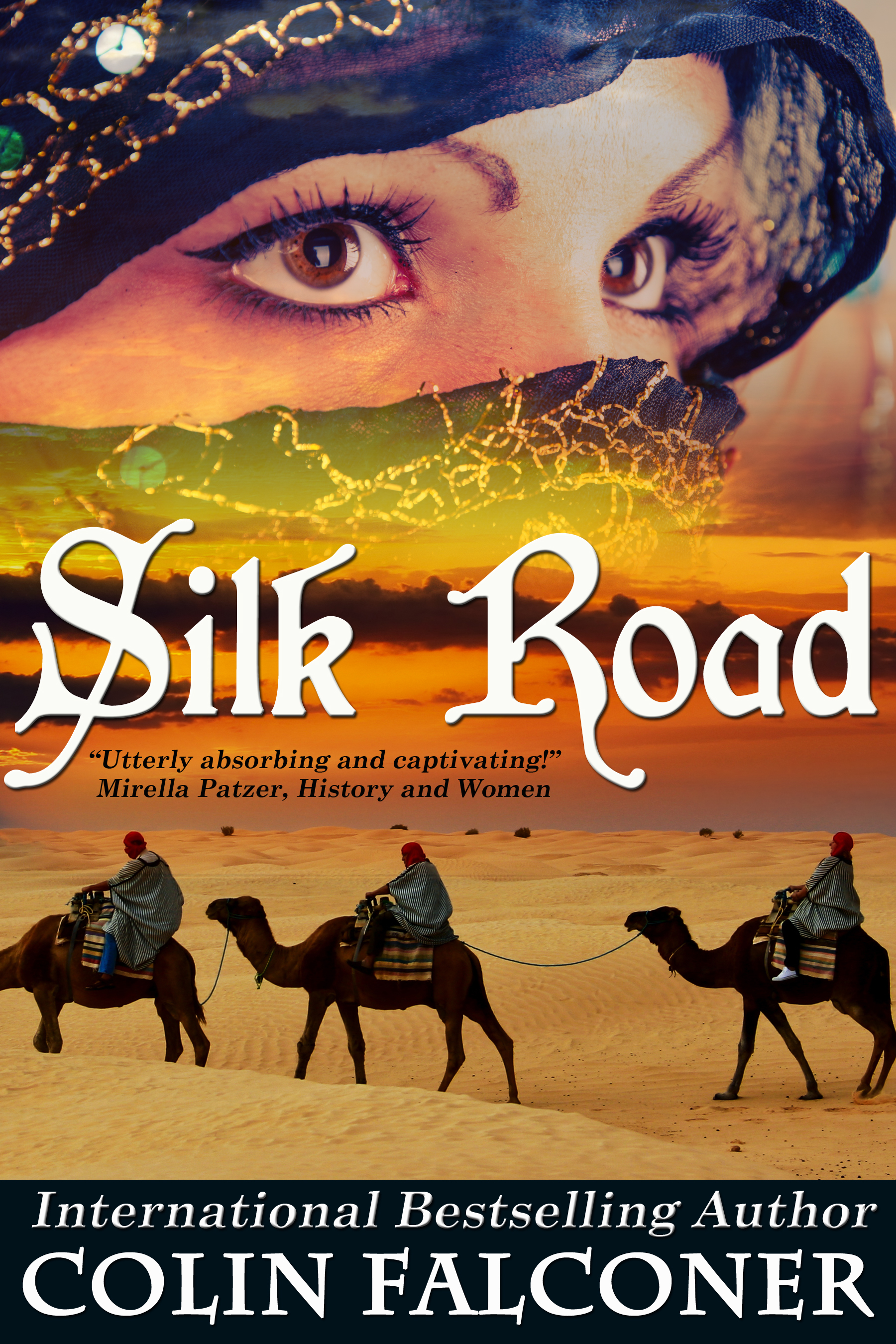
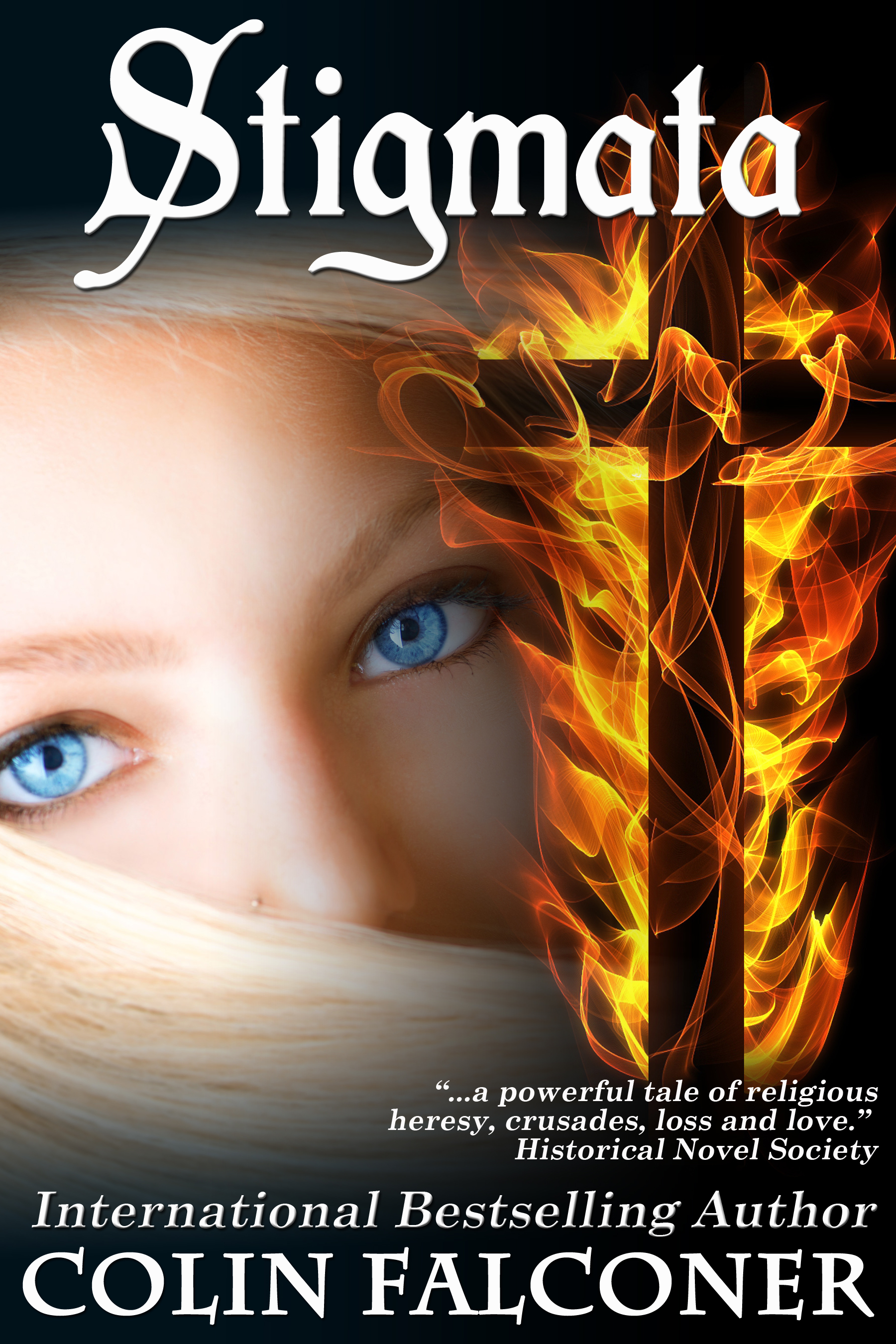
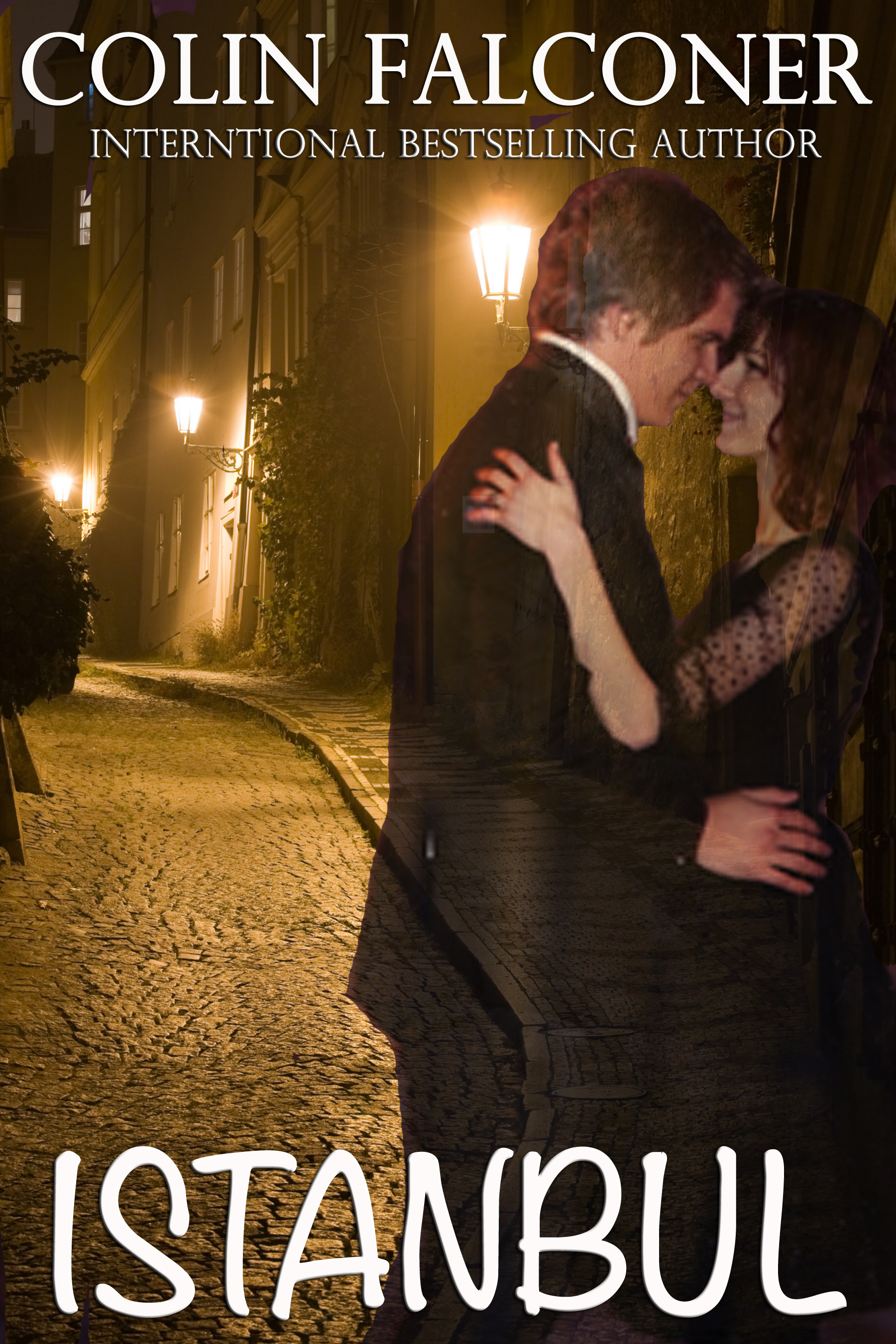

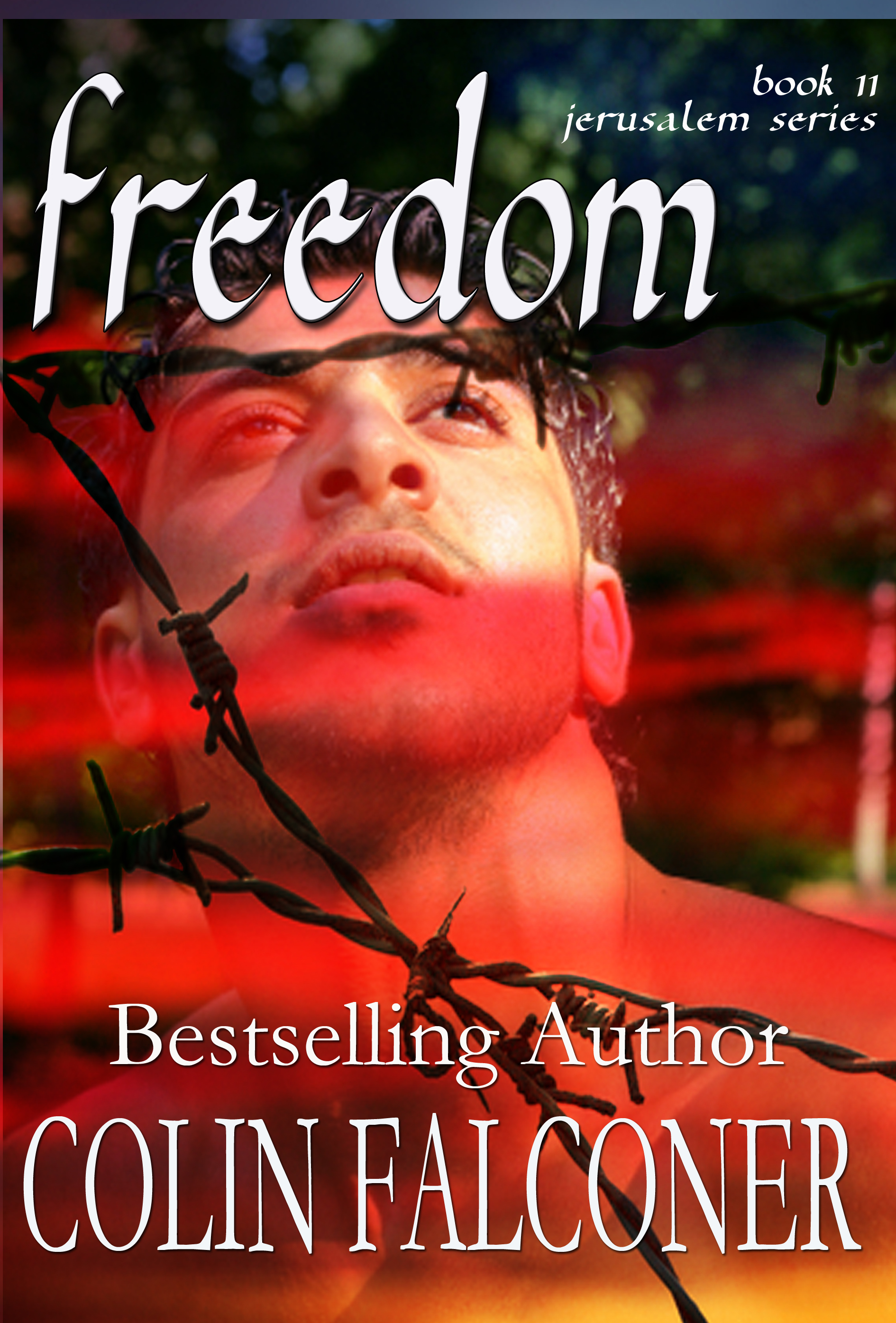


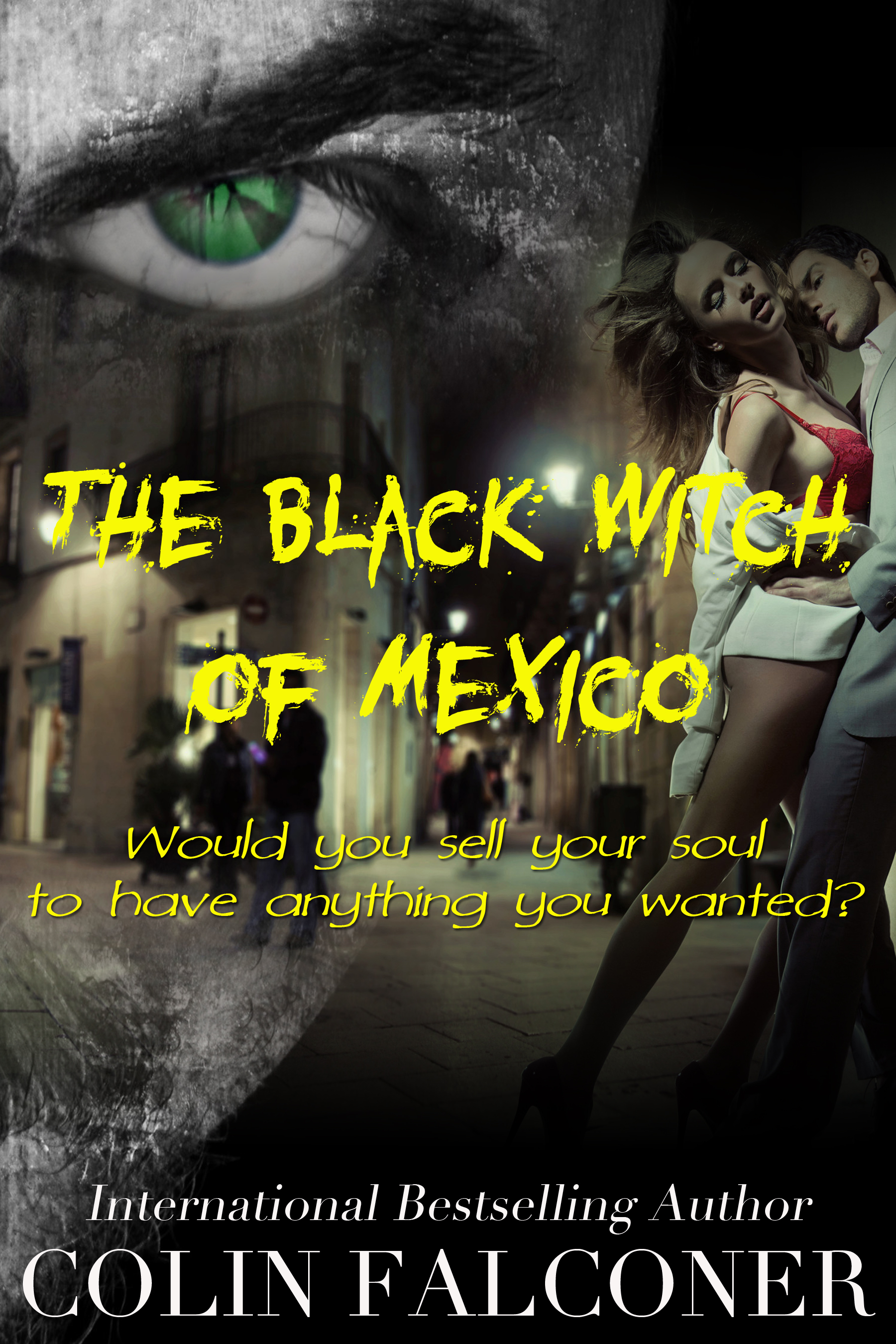

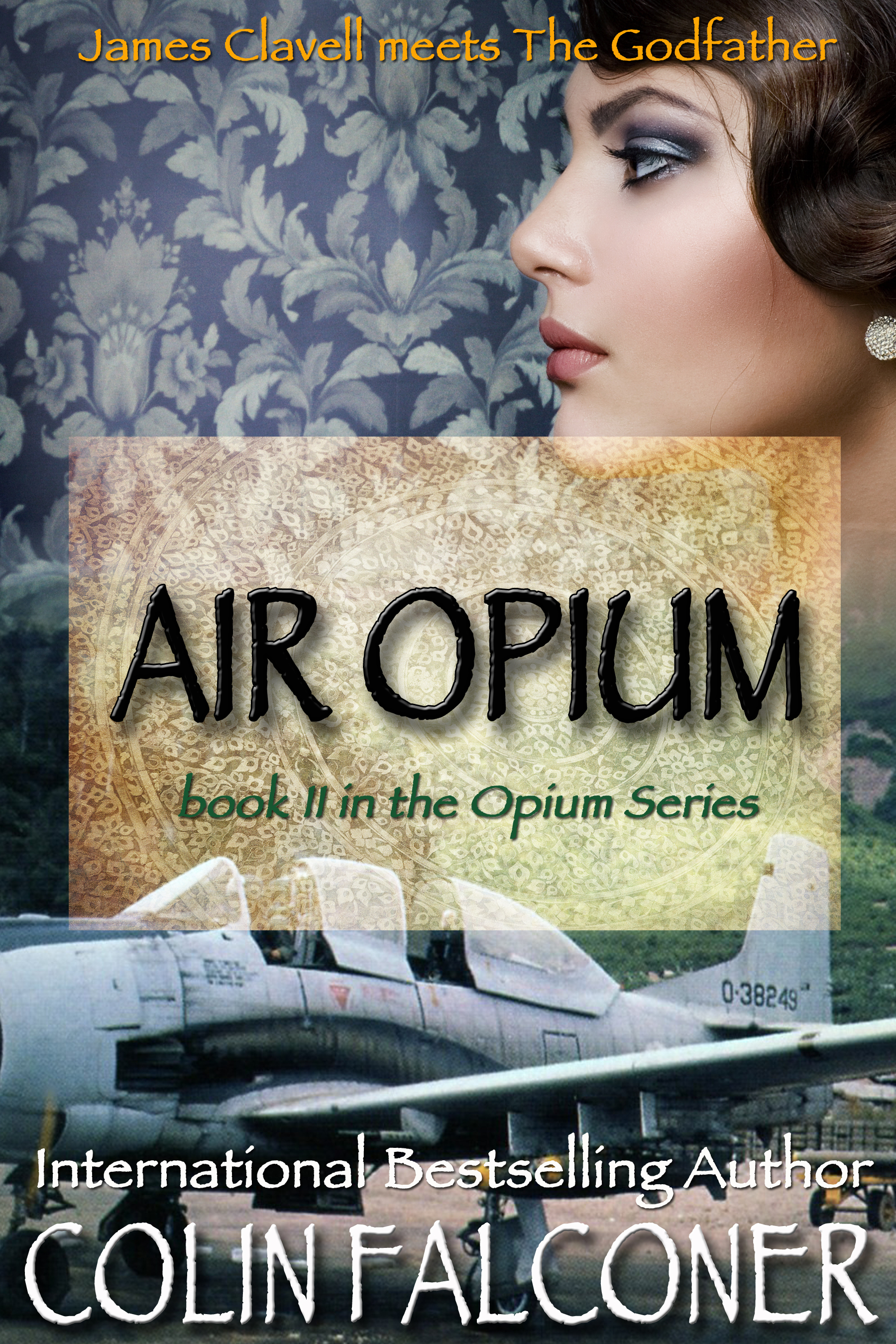
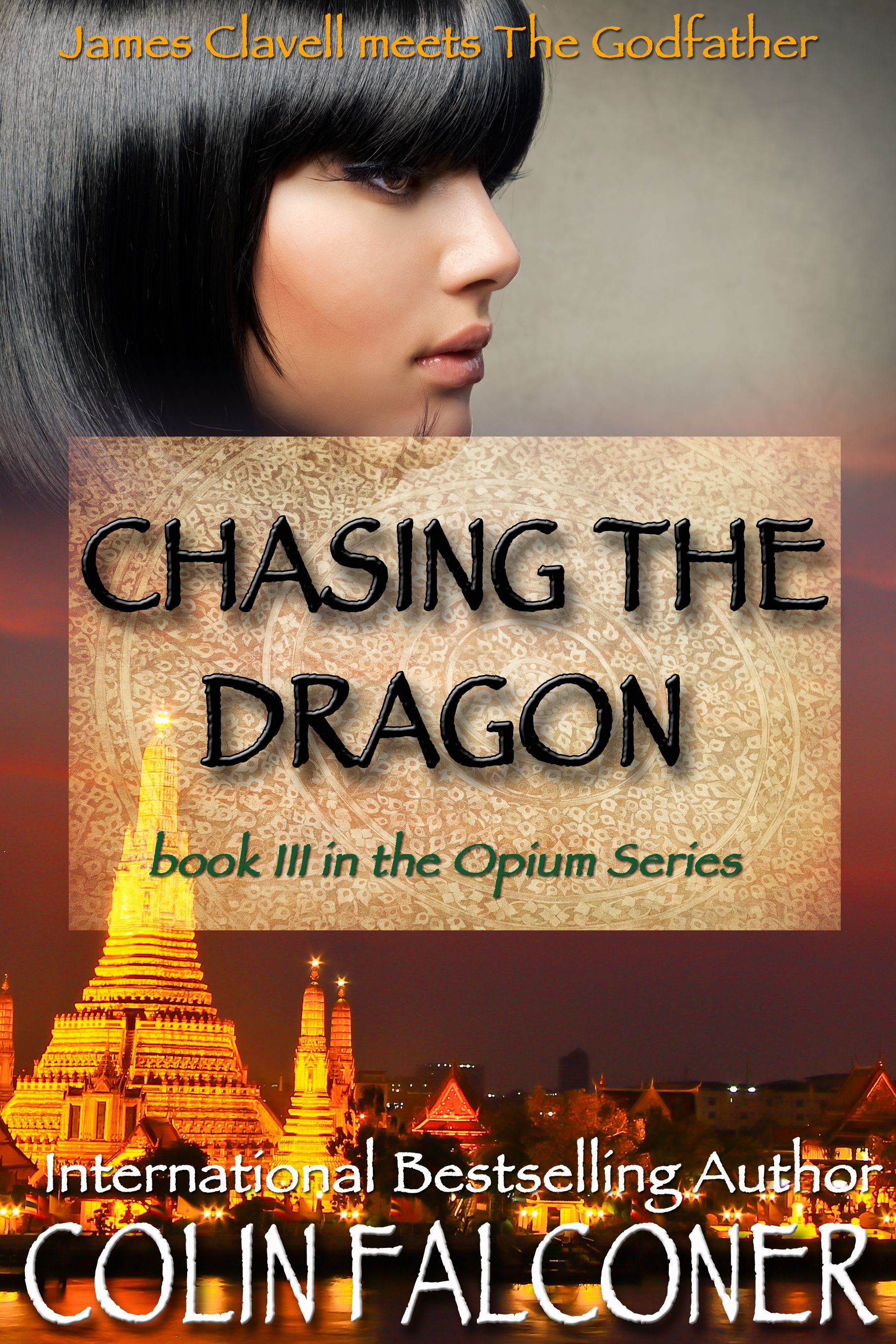
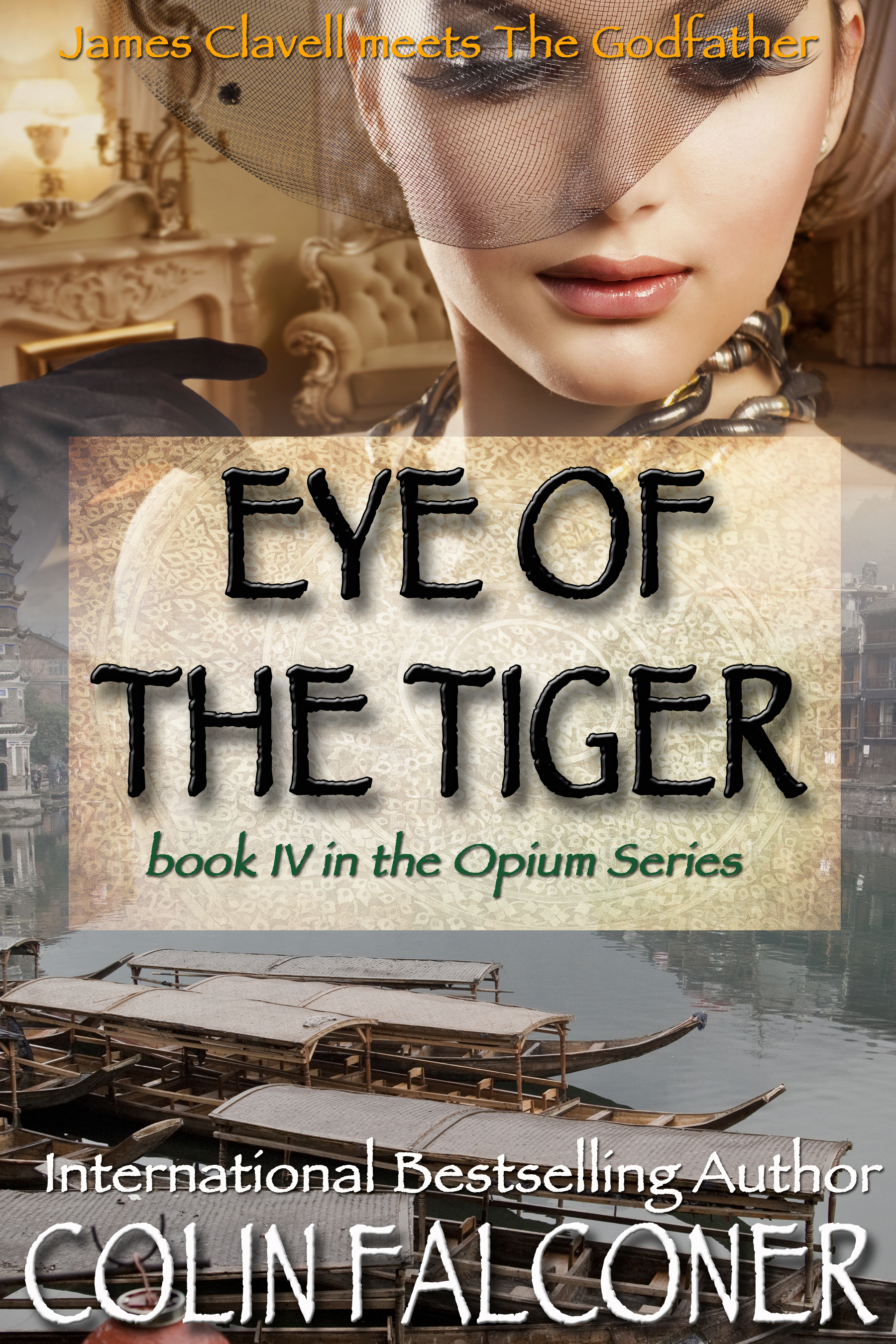
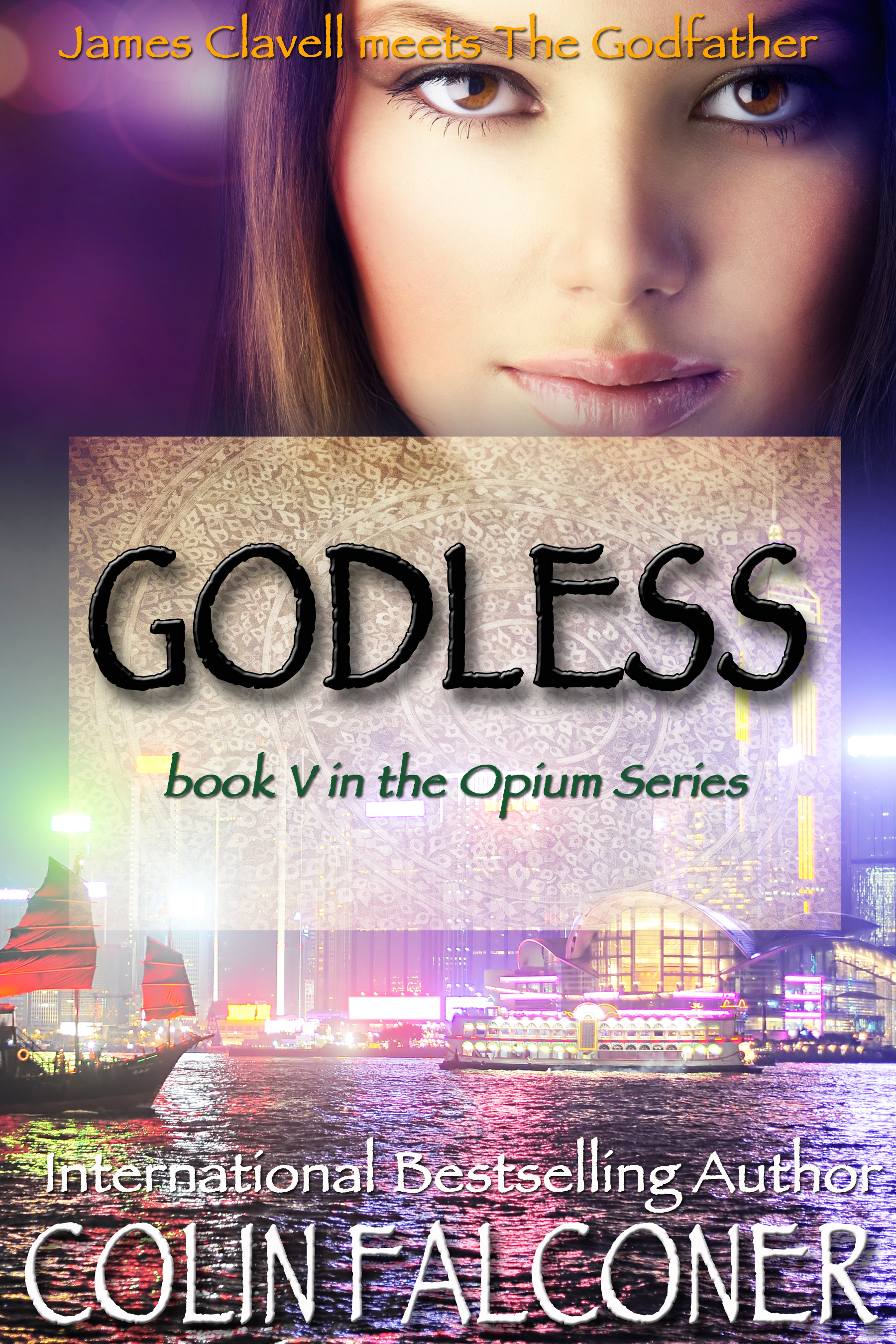
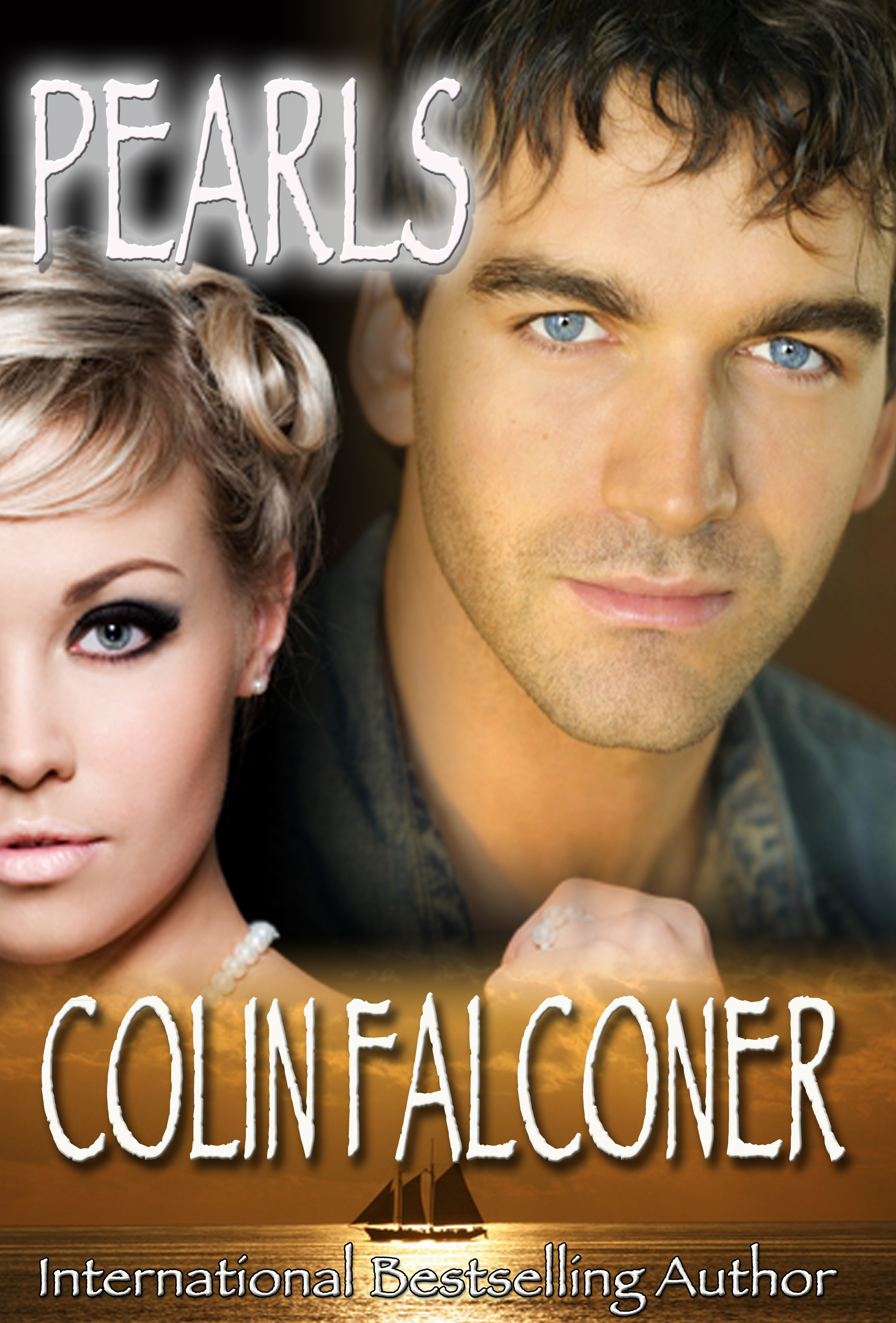

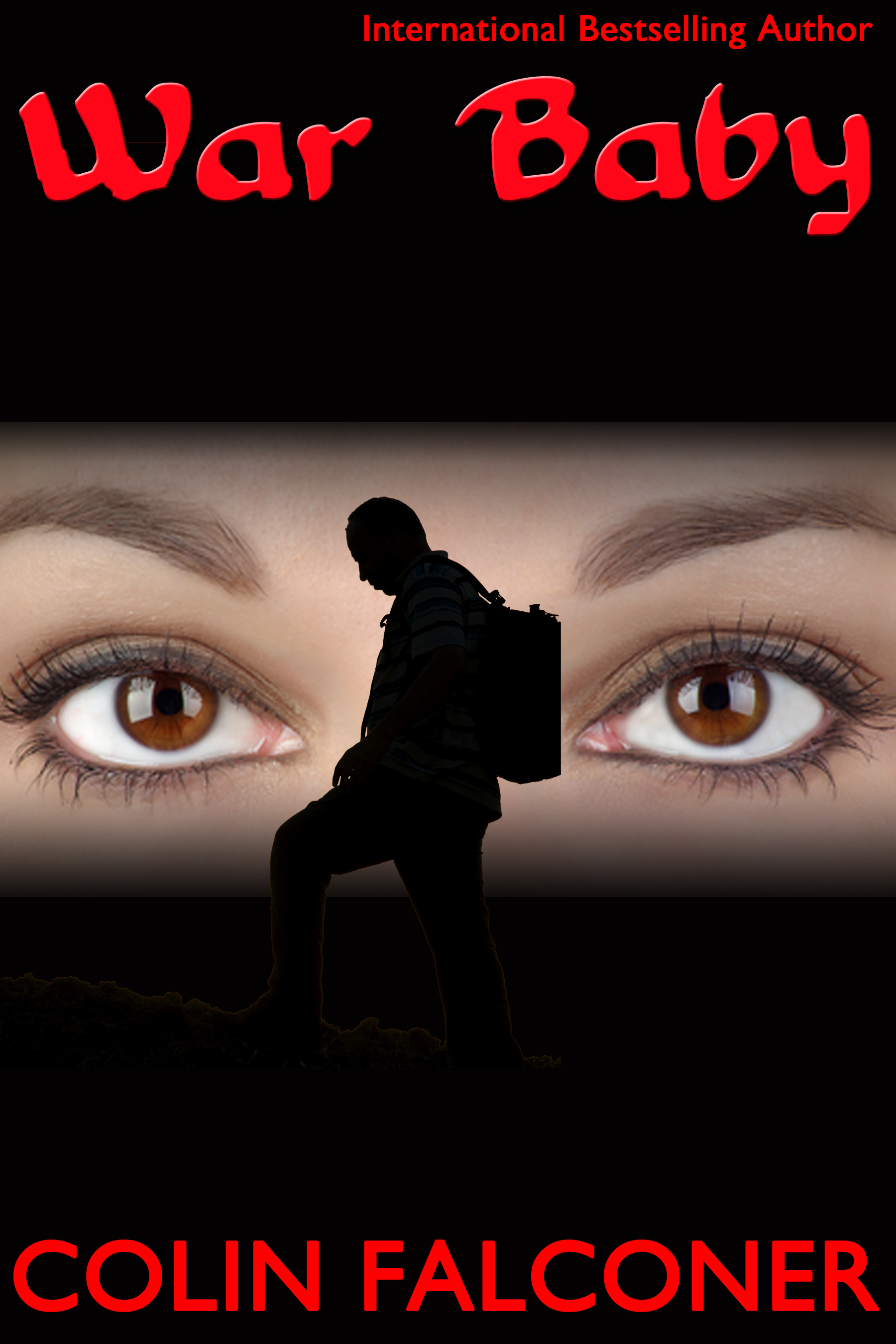
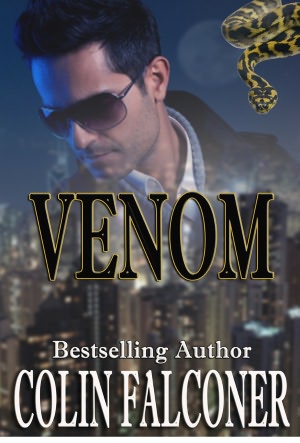
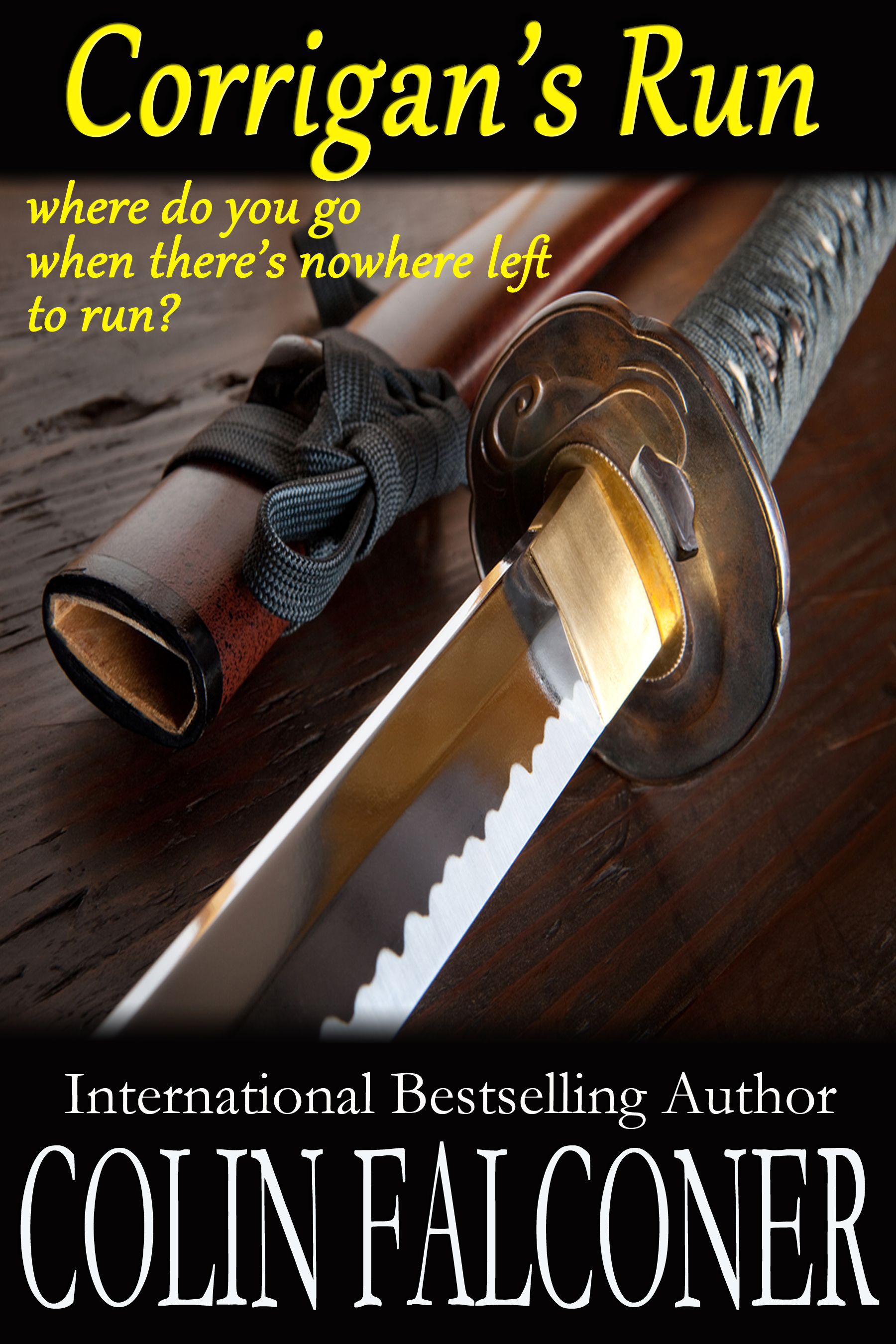
The surprise probably was because you’re a guy. I think most people expect men to write about violence, guns and the obligatory car chase…but women? ‘Real’ men are like James Bond creator, Ian Fleming. The only role women have in his stories seems to be as scantily clad distractions. I will say that after watching one Bond movie, I’ve never had an interest in seeing another one. Even Pierce Brosnan wasn’t enough to get me to give the brand another chance, so maybe I’m way off base. But I think I’m spot on, and that’s the sort of thing people assume all men write about. Women write love stories, men write about showdowns with bad guys.
Glad you don’t fit that mold, Colin. The romance angle in Corrigan’s Run was one of the best parts of the story for me.
I loved that book too! I was very proud of it. Thanks Kristy. Fleming was an absolute misogynist, in life as in his fiction, but he did know how to write suspense. But still, Hemingway, Hugo and Tolstoy were all blokes, and they could write great female characters so I think there’s hope for us yet.
There is no life without love.
I wholeheartedly agree, Darlene.
I agree with Kristy, Colin. We just don’t think of men as being good at love, let alone good at writing about it. We were so wrong. I love that you weave love into your stories. Love is part of life, no matter how it presents itself in our lives. I’ve been remiss in not having read one of your books yet. I need to rectify that. Which one would you recommend I read first?
Hi Marcia, if you like historical fiction - HAREM. If you like more recent fiction - then probably ANASTASIA. I think it’s a great love story and told form the point of view of both a man and a woman. And I’d love you to tell me what you think afterwards!
Anastasia it is! I have 3 books ahead of it on my list but promise a review when I’m done. Looking forward to it!
Without love in life what else is there? True, I think because we are guys that people think we don’t know how to express love. A good writer such as yourself knows how to do just that.
Thanks Phil. I picked out three men who’ve written well about love to show that it can be done and still be seen as 1) romantic without being, 2) Hallmark. As you say without love - what else is there? You can see the most hardass Marines coming back from tours of duty and they only lose it when they see their wives and kids.
What is life if not full of love?
Guess I fall into the ‘wounded’ category.. Thanks for highlighting that for me
Great post, as always.
Thanks Lynne. And I think there’s a lot of woundeds out there - and unless our past has been particularly dramatic, we may not even know it.